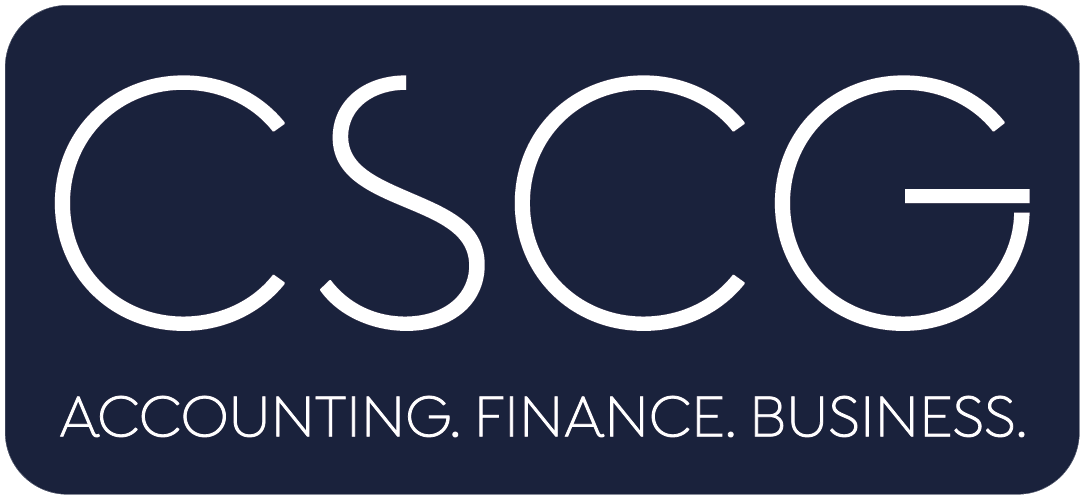Insights & Resources
JULY PRACTICE UPDATE
| ATO's 'main residence exemption tips' |
The main residence exemption needs to be considered in a variety of situations when a taxpayer sells a property they have lived in. The ATO hopes that the following tips will help in this regard:
- Taxpayers should consider if they have started earning income from their home (in which case they may need to get a market valuation for CGT purposes).
- When renting out a property that was their main residence, taxpayers need to consider whether to use the 6-year absence rule when they sell their property.
- Taxpayers can only have one property as their main residence at a time. The only exception is the 6-month period when they move from one home to another.
- Has the taxpayer's residency changed? If so, this may affect eligibility for the exemption.
Reminder of June 2024 Quarter Superannuation Guarantee ('SG') |
| Employers are reminded that employee superannuation contributions for the 1 April 2024 to 30 June 2024 quarter must be received by the relevant super funds by 28 July 2024 (which is a Sunday), in order to avoid being liable to pay the SG charge. |
Notice of Medicare levy exemption data-matching program |
The objectives of this program are to (among other things) ensure individuals are correctly claiming an exemption from payment of the Medicare levy and Medicare levy surcharge.
Enter your text here ...
|
Family trust distribution tax ('FTDT') is a special, 47%, tax sometimes payable by a trustee, director or partner. It applies when a trust has made a family trust election ('FTE'), or an entity has made an interposed entity election ('IEE'), and makes a distribution outside the 'family group' (as defined) of the specified individual in the election.
Where such an election has been made by a trustee or another entity, it is important that the original election is retained in the approved form. FTEs and IEEs can be lodged with the ATO.
Where elections are involved, taxpayers should consider the following on an annual basis:
- if the election is needed and whether it can, and should be, revoked;
- whether the specified individual remains the most suitable person and, if not, whether the specified individual can and should be varied; and
- the timeframes to vary or revoke elections (noting these are limited and that, outside these periods, the elections and the specified individuals cannot be changed).
|
If the ATO thinks a taxpayer is no longer using their ABN, it will contact them by email, letter or SMS.
If the taxpayer is still running a business, the ATO will tell them what they need to do to keep their ABN. If they are no longer in business, they do not need to do anything -— the ATO will cancel their ABN.
Taxpayers who think they are still entitled to an ABN that has been cancelled need to reapply for it. If they restart their business activities, they should be able to reapply for the same ABN, provided that their business structure is not changing.
New lodgment obligation for income tax exempt organisations |
To be eligible to self-assess as income tax exempt, the organisation's main purpose must be a community service purpose. Any other purpose must be incidental, ancillary or secondary.
Community service purposes are altruistic, which means the organisation must be established and operated for the wellbeing and benefit of others, and not for political or lobbying purposes.
For example, a club or association that has been set up principally to improve the welfare of the community would be regarded as a community service organisation. This would not be the case, however, if its main purpose was to advance the professional interests of its members.
Taxpayers able to apply CGT small business concessions |
The Administrative Appeals Tribunal ('AAT') recently held that a trust was entitled to apply the CGT small business concessions and, therefore, it could reduce a capital gain it made down to nil.
In March 2015, a family trust entered into an agreement for the sale of its shares in a company for $3,500,000. In June 2015, the trustees of the trust passed a resolution apportioning the trust's income for that year between the four taxpayers (two brothers and their wives), and also distributing the capital gain made on the sale equally between those four taxpayers.
The determination of the trust's net income for distribution to the beneficiaries took into account the 50% CGT discount and CGT small business concessions, relying on a valuation of the shares (and underlying business) being $3,500,000.
The ATO, however, deemed the shares sold by the trust to have been disposed of for a market value of $10,640,000, based on an updated valuation report. This also meant that the trust was not entitled to the CGT small business concessions, as this valuation meant that it did not satisfy the CGT maximum net asset value ('MNAV').
The ATO relied on the 'market value substitution' rule to substitute the value of $10,640,000 in place of the sale price of the shares. This meant that each taxpayer's share of the 2015 trust distribution was increased from $321,989 to $1,194,174.
In relation to the MNAV test, the AAT needed to determine whether the net value of the CGT assets of the trust (and its connected entities) exceeded $6,000,000.
The AAT preferred the approach taken by the valuers for the taxpayers, partly because they had given "more attention and consideration to this particular business and the circumstances and location in which it operates."
The AAT accordingly concluded that the total net value of the CGT assets of the trust (and connected entities) was below $6,000,000, and so the MNAV test was satisfied, and the taxpayers' objections to the amended assessments should be allowed.
When you subscribe to the blog, we will send you an e-mail when there are new updates on the site so you wouldn't miss them.









